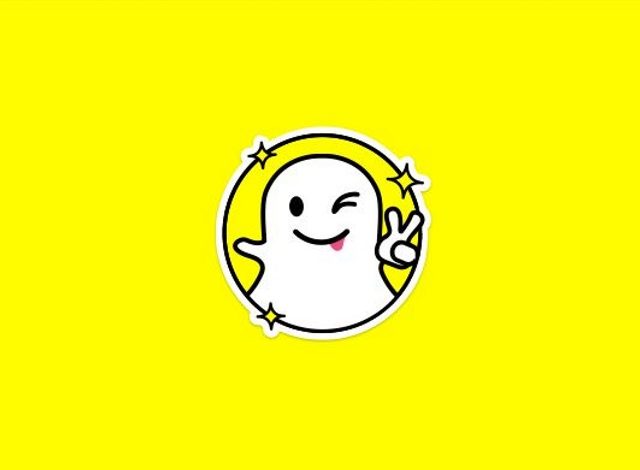
Social media can be good way to stay in contact with your friends and stay up-to-date on their lives. However, there is a drawback to constantly checking your social media account such as, Instagram, Facebook, or Snapchat. We tend to base our self worth on how well others are doing on these social media sites.
Many of those who post on social media tend to exaggerate what is really happening with them in real life. Those who see the exaggerated posts begin to develop the feeling of isolation or being left out.
According to a study by the University of Copenhagen, many people seem to develop what is referred to as “Facebook Envy.” They place their happiness on a variable that is out of their control.
Lack of Human Connection
The basic human desire is to connect and communicate with others like us.
The concept of having lunch with a friend is a faded memory.
We tend to focus more on what is happening with those we call friends on Facebook or Twitter.
It has become easier to connect via digital media than talk to someone we know face to face.
Friends on Facebook or Snapchat, virtual friends, seem to respond to the “like, or thumbs up logo” but there is no real connection.
It is not like having a friend tell you that you look good as you make eye contact in a real time conversation.
This constant desire for recognition via social media is addicting. You spend more time on Facebook or Twitter checking what is happening with the virtual friends.
Snapchat Dysmorphia
The alarming problem with Snapchat, young women (18 to 25), found the images posted on the site made them feel bad about their bodies and their social lifestyle.
The main culprit here is Snapchat’s photo-filtering process that makes images appear to be “picture perfect.”
This has resulted in large numbers of these young women wanting plastic surgery to make their faces look like the photo-edited ones.
This is obsessive-compulsive mental disorder known as “Snapchat dysmorphia.”
These patients want the plastic surgery to be completed within 24 hours to now longer than a week.
This has become a disturbing trend because plastic surgeons can't restore faces to this 100% perfection.
Facebook, Twitter, and Snapchat are platforms for presenting life outside the ‘box,’ however, that box is reality.
When you see their facebook friends as having it better than you do FOMO kicks in.
What is FOMO? Fear Of Missing Out, perceiving others have it better than you do.
Conclusion:
Facebook, Twitter and Instagram are not going to go away.
The mental health problems caused by constant interaction on social media are going to stay.
Here Are Some Solutions:
- Check in to your social media account once or twice a week. Facebook Friday, Twitter Thursday or Snapchat Saturday.
- Realize that images can be enhanced to look better than reality.
- Connect with a real friend who lives in your town, invite him/her to lunch or to go for a walk.
- Limit yourself to just personal friends.
- Take only 15 minutes to check out the site and move on.
The bottom line here is to understand the potential problems associated with social media, educate yourself on how to avoid becoming snared by the mental trap.
Be proactive, not reactive to what is posted on social media.
Understand that Facebook, Twitter, or Snapchat do not define who you are.





Leave a Reply
Thank you for your response.
Please verify that you are not a robot.